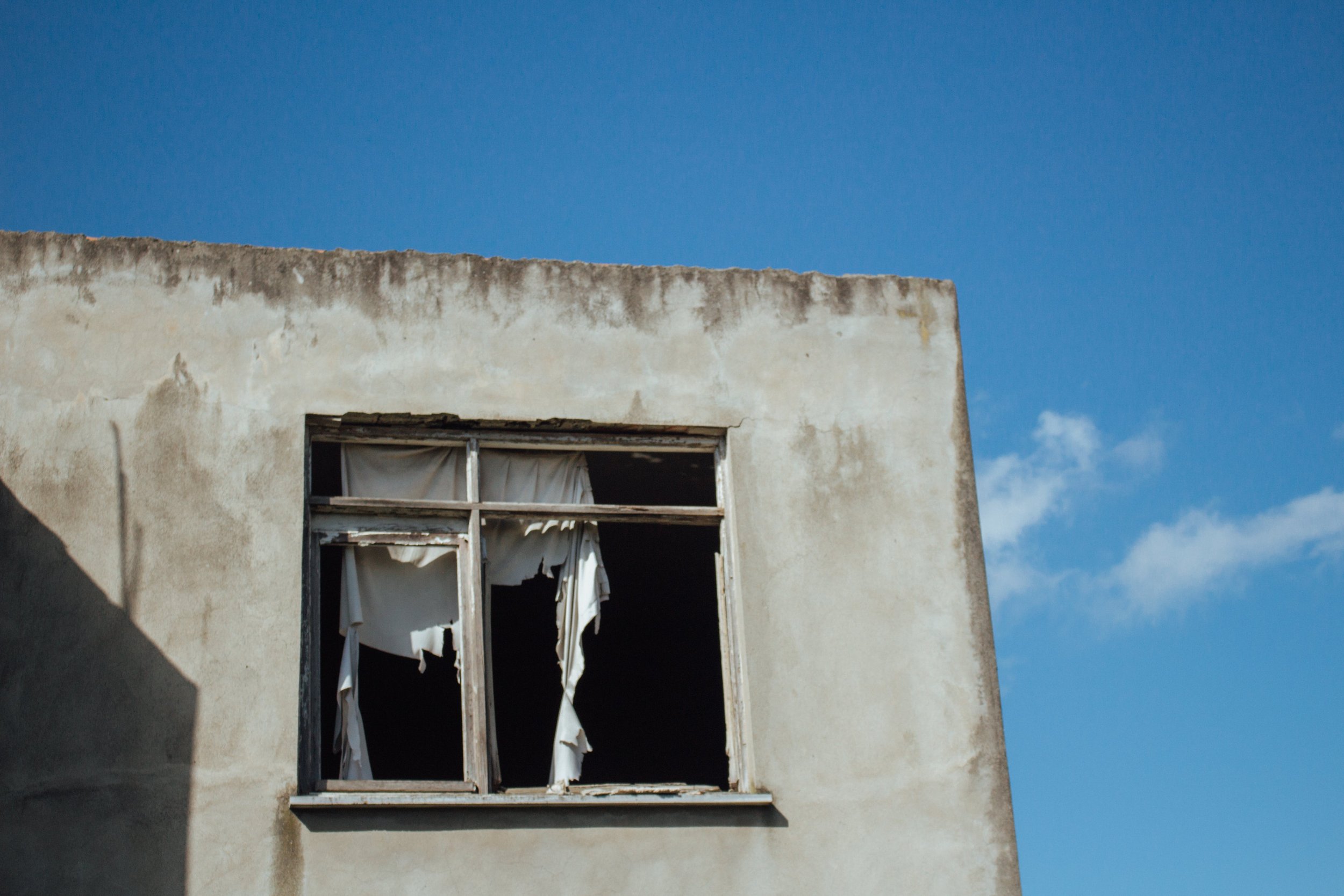The Spiritual Pressure of Early Recovery
I believe that the first couple of years of recovery are the most dangerous and uncertain. The pressures of finding work, finding a place to live, addressing health issues, and developing relationships with people who don’t use, can put unimaginable pressure on someone trying to stay clean and sober.
Imagine this: You live in a house that is extremely sick. Everyone who lives in the house is also sick, and they keep each other sick by continually spreading their disease to one another.
You know that as long as you stay in that house, you’ll remain ill. You need to build another house to begin to live a healthy life. But you still lack the will to leave. The sick house is the home you know. It’s familiar. You know where everything is, you know all the people who live there, and you know what to expect there. The idea of leaving the familiar to build something new makes you uncomfortable—and afraid.
You don’t know the new neighborhood where you’ll build the new house, you don’t know how you’ll get the materials to build it, and you don’t know if you’ll find people to help you.
Eventually, though, you become so tired of always being sick that you muster the will to take the risk. You leave the sick house to begin to build a new house.
You start with the foundation. While you’re digging the massive hole and pouring the concrete, it starts to rain. You get wet and cold, and you feel so uncomfortable that you begin to miss the old place. You think for a minute about going back. But then you remember why you need a new house. You feel grateful for the new feelings that have come with sobriety… and you decide to keep working hard and you finish the new foundation.
You begin to build the frame for the new house. Summer arrives and it’s hot and humid. It’s hard to sleep because without walls and a roof you’re getting sunburned and dehydrated, so you think again of the old house. Even though it made you sick every time you went into it, at least it had a roof and walls that offered temporary shelter. But again, you decide to stay and keep working.
You begin to build the walls and the floors, but fall arrives and it’s windy during the day and chilly at night and it’s hard to sleep or get comfortable in the new house because the floors are hard and there’s no furniture yet. Once again, you begin to think of your old sick house. Even though the old house makes you sick and its carpets are stained and smelly, they’re not bare wood. You think, “Maybe I can lay a towel or a sheet over that dirty carpet and lie down just for a while.” You even think, “Maybe I won’t get sick this time.” But instead you stay on task, building your new home, and even though the house and the work are uncomfortable, you stay healthy.
As you begin to build the roof, winter arrives and it starts to snow. It’s freezing and you can hardly feel your feet, hands, or fingers, and you think again of the old house, because as sick as it is, it has a little heat. But again you resist the thought. You’ve come this far—you stay and finish the roof. A few people from the new neighborhood even bring you food or come with hammers and lend a hand.
Finally, the roof is finished, the windows and doors and walls are all in place, you’ve got plumbing and electricity, and you start to get comfortable in your new house.
The people who helped you become your new neighbors. You think less often about the old place.
From your new, clearer perspective, you remember how sick the old house made you, and you resolve to stay away. Your new house feels more and more like home.
- George Lewis

